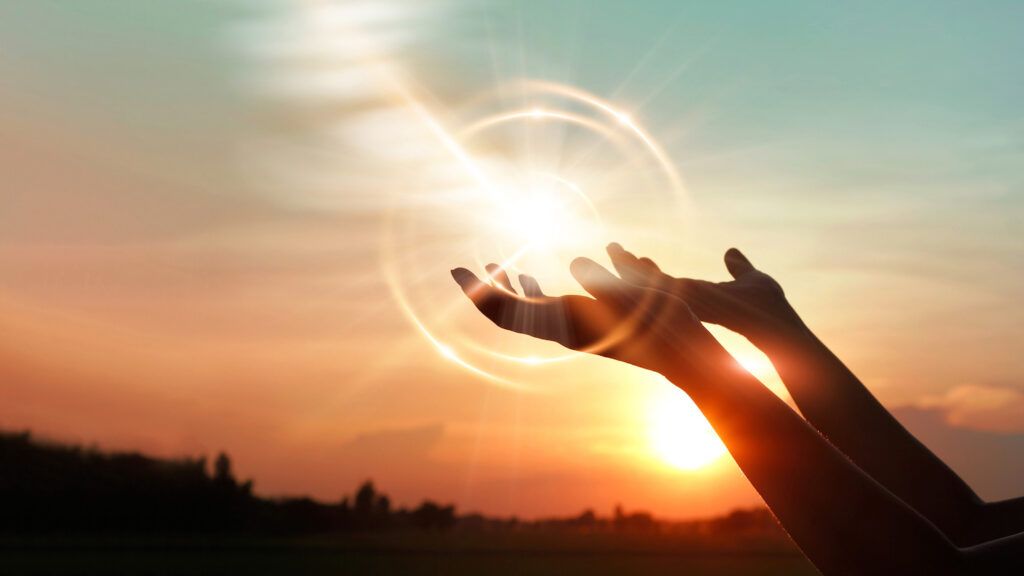Passover, which begins at sunset Saturday, March 27, is the celebration of freedom—specifically, the liberation of the Jewish people from slavery in ancient Egypt with God’s direct intervention.
The dramatic apex of the Passover story is the emergence of the newly freed people across the miraculously-parted Sea of Reeds. On one side of this body of water is the cruelty of enslavement and the threat of recapture. On the other side is utter vastness, the openness of freedom.
The miracle of liberation is so foundational in Judaism that the Hebrew word for Egypt is mitzrayim, which means “narrow straits” and refers to the tight path the Israelites had to walk to gain the opportunity to make their way toward their promised land.
This year, we celebrate Passover just after the one-year anniversary of the beginning of the coronavirus pandemic. The devastation of plagues, the heaviness of oppression, the yearning for liberation—all of these connect the holiday to our time. And the emergence through narrowness to openness is a particularly profound encapsulation of the meaning of the current moment.
The parted sea is a surreal image, one that must have been terrifying to the people who traversed it. As miraculous and thrilling as the opportunity to cross it must have felt, we can also imagine it feeling unnatural and very fragile.
I would guess many of us can connect with that mix of feelings as we come closer to emerging from the pandemic, as the vaccine offers new hope but variants continue to concern public health officials.
Emerging from any tight place—an addiction, a toxic relationship, an illness, a financial challenge—can be scary even as it is liberating. Coming out of any painful, confining experience is difficult—we have to trust in the freedom that awaits us on the other side with patience and faith. And our first steps after the big moment can feel tenuous—after all, we read in the Bible that the Israelites wandered for 40 years before coming to their promised home.
Which is why, in the retelling in the Book of Exodus, it is so moving that the passage through the Sea of Reeds is followed by the story of Miriam, the sister of Moses, taking up a timbrel and singing a song of praise and gratitude.
We don’t know what comes next after we’ve come through the narrow straits of our lives. But we can—and we will—emerge. And whenever we do, we can take up the instruments of our joy and sing out in gratitude, and in freedom.






